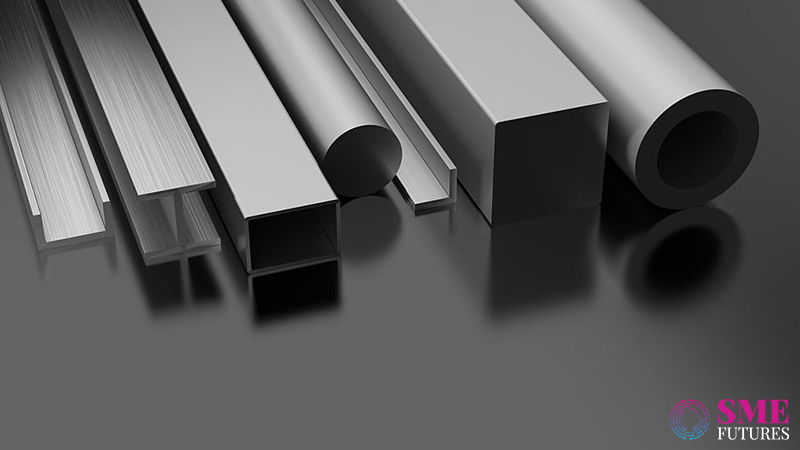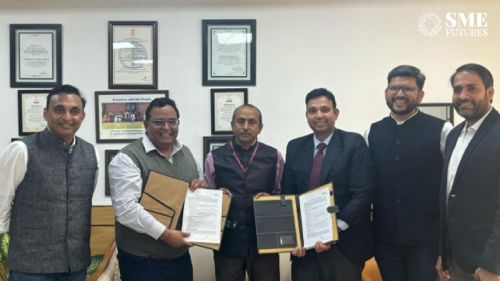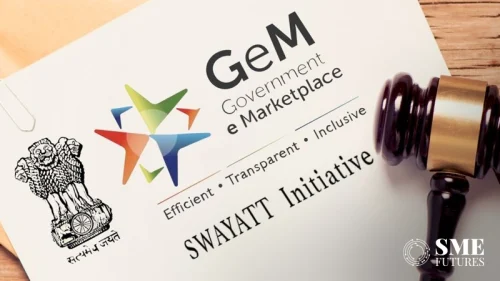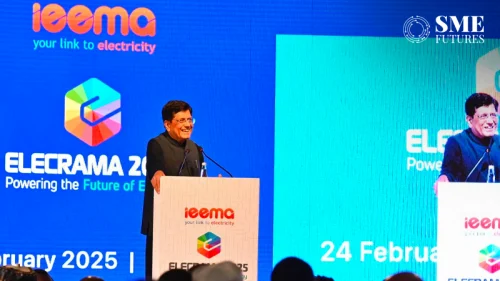The burden of high energy costs, inverted duty structures in various raw materials, the burden of taxes and levies and high logistics cost have adversely affected the sustainability of the Indian Aluminium Industry.
The Aluminium Association of India (AAI) has written to the Finance Minister Nirmala Sitharaman seeking intervention and support to tide over this challenging phase and look forward to receiving supportive measures in the forthcoming Union Budget 2022-23 which will enable us to fulfill the PM’s Vision of Aatmanirbharata in the domestic Aluminium manufacturing.
India is one of the fastest growing economies and fastest emerging markets in the world.
Aluminium plays a vital role in the nation’s economy, and its importance in energy security, infrastructure, national defence, aerospace, automobile, rural electrification, electricity transmission & distribution, packaging, consumer products etc. make them sectors of strategic importance to the country, the letter said.
The Aluminium Industry has been severely affected by the Covid-19 pandemic and the industry appreciates the commitment of the Government to help the industry to sustain this challenging phase.
AAI has sought reduction in basic custom duty and correction of inverted duty structure on critical raw materials for aluminium industry value chain.
Increasing tariff rate of basic custom duty (peak custom duty rate) for Chapter-76 (Aluminium & articles) from 10 per cent to 15 per cent.
AAI has sought an increase in basic custom duty on Aluminium scrap (HS Code 7602) at par with primary metal to proposed 10 per cent, as in line with other non-ferrous metals like zinc, lead, nickel, tin, etc. have same custom duty for scrap and primary metal.
AAI has also sought the elimination of cess on coal (GST Compensation cess of Rs 400/MT) to support highly power-intensive industries like Aluminium.
The cost of production of aluminium metal in India has substantially increased due to rising cost of critical raw materials, inverted duty structure on import of raw materials, increase in various taxes/ cess like Coal Cess, Electricity Duty and logistics costs etc.
While other Aluminium producing countries support their domestic industry with cheaper raw material availability, power subsidies, etc., India is struggling to retain competitiveness despite having a natural advantage of 5th largest bauxite and 5th largest coal reserves in the world.
The average production cost of Indian aluminium producers is amongst the highest in the world, majorly due to high incidence of unrebated Central & State taxes and duties on inputs/ raw materials accounting for ~15 per cent of Aluminium production costs.
China encourages import of raw materials at nil duty for Aluminium production to promote domestic value addition and generate employment & Forex with export of finished aluminium products.
The high import duties on raw materials is a huge disadvantage for domestic aluminium producers which are heavily dependent on imported raw materials. It results in Indian finished goods costlier and uncompetitive in international markets, rendering negative protection against cheaper imports of finished products, and discourages domestic value addition within the country.











